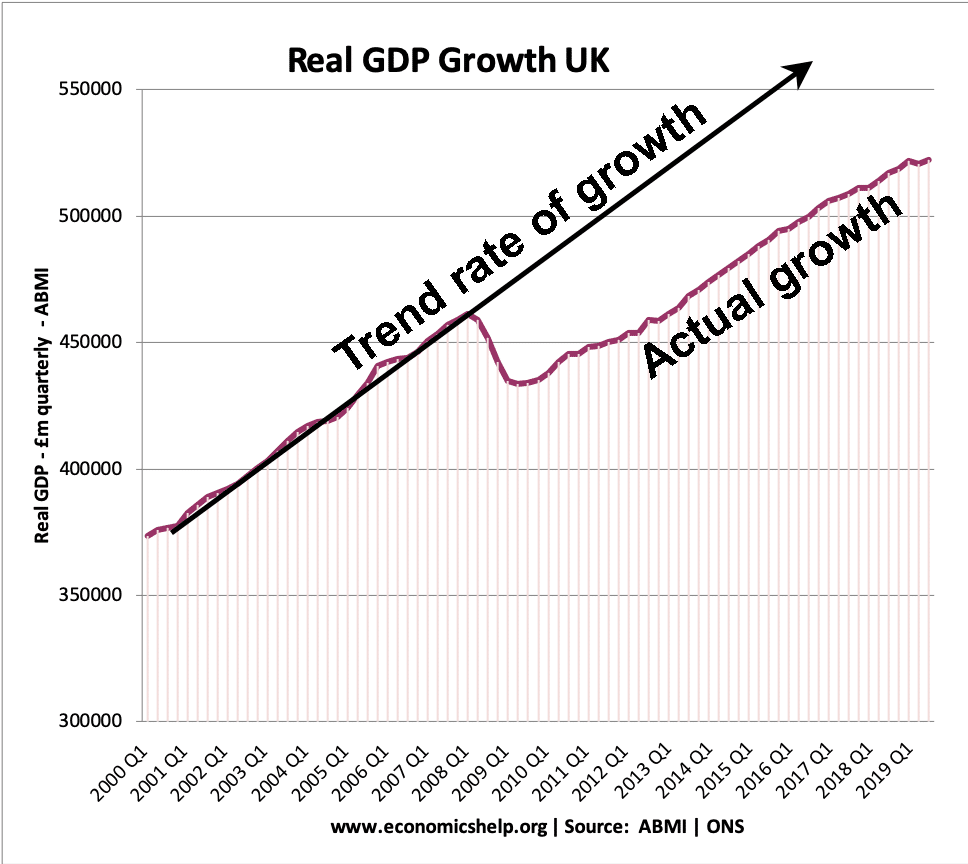Over-financialisation of the economy
Readers Question: I am also interested in Marxist economics and they seem to say the 2007-2008 crisis was a result of over-financialisation of the economy, and that investors/owners could not squeeze surplus out of other sectors in the economy as they once could. Financialisation of an economy refers to the situation where the finance sector …

